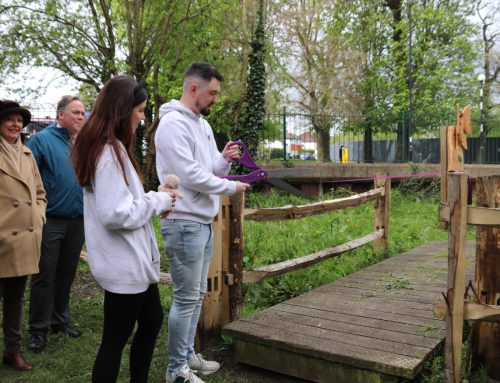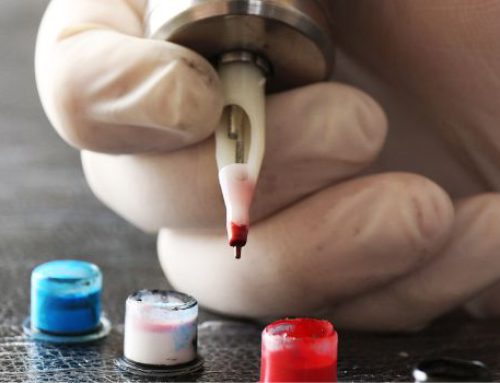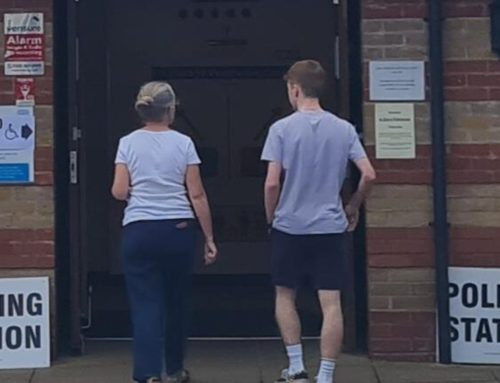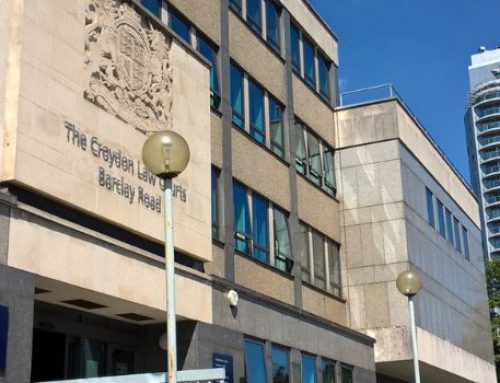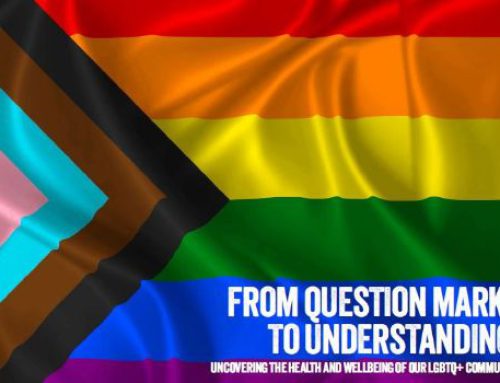Residents are being urged to check their vaccination record with their GP to ensure they and their family are adequately protected from the risk of catching a serious illness.
Croydon’s health bodies are highlighting warnings from the World Health Organisation for people to take action against the spread of vaccine-preventable diseases including cervical cancer, diphtheria, hepatitis B, measles, mumps, pertussis (whooping cough), pneumonia, polio, rotavirus diarrhoea, rubella and tetanus.
The reminder comes during European Immunisation Week, which is running from 23 to 29 April, and is an annual initiative that raises awareness of the importance of immunisation for people’s health and well-being at every stage of life.
Immunisation is what happens in your body after you have the vaccination. The vaccine stimulates your immune system so that it can recognise the disease and protect you from future infection.
The protection provided by some vaccines wanes over time, so booster doses of diphtheria and tetanus vaccines in adulthood are needed to ensure life-long protection.
The NHS Choices website has a checklist of the vaccines that are routinely offered to everyone in the UK free of charge and the ages at which they should ideally be given; visit https://www.nhs.uk/conditions/vaccinations/
Rachel Flowers, director of public health at Croydon Council, said: “A quick conversation with your GP could help to save lives. We want every resident to realise the importance and benefits of immunisation to protect them into the future. We’re also encouraging health and social care professionals to ensure that they’re fully vaccinated for their own protection, as well as the people they care for.”
Dr Agnelo Fernandes, clinical chair at Croydon’s Clinical Commissioning Group, said: “Vaccination is for everyone, not just for the young. We all have a shared responsibility to help close any immunisation gaps in the borough. Some people don’t get vaccinated because of their worries about side effects, but not being vaccinated means serious illnesses can become more common.”
A video explaining the risks of not being vaccinated can be viewed at: https://www.nhs.uk/video/Pages/vaccinationanimation.aspx


